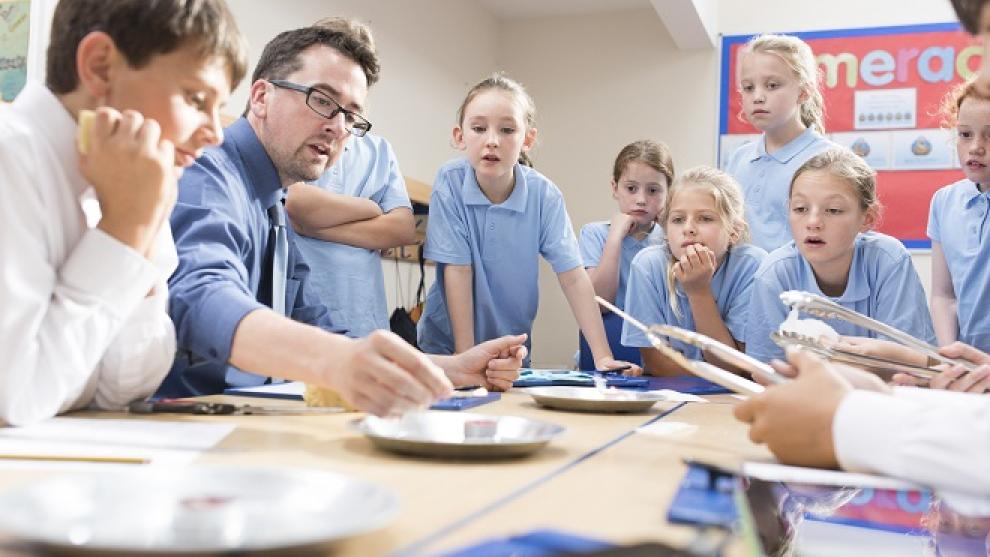
Under the Children and Young Persons Act 2008, schools are required to appoint a Designated Teacher, to support the learning of Children in Care and manage the process of how the school works with the Virtual School and social workers to promote the child’s education.
The Virtual School provides regular updates and thorough training opportunities to Designated Teachers to ensure they are best equipped to enable our children and young people to improve their educational outcomes and life chances.
What do Designated Teachers (DTs) do?
- Help school staff to understand things that affect the way Children in Care learn and achieve, and to advise staff about teaching strategies
- Promote high expectations and aspirations for Children in Care
- Ensure the child has a voice in setting learning targets
- Ensure that Children in Care are prioritised in one-to-one tuition arrangements and that carers understand the importance of supporting learning at home
- Have lead responsibility for the child’s Personal Education Plan (PEP) at school
- Help Children in Care make a smooth transition if they change schools
- Manage the way school engages with others (e.g. social workers, Virtual School Head) focussing on the way everyone contributes to the child’s educational achievement
- Ensure school policies (e.g. Home School Agreements) are communicated to social workers and carers
- Ensure the school does everything possible to maximise educational stability for the child
- Schools should also have a named governor for Children in Care. The DT should report to the governors about the progress of Children in Care.
Keeping you up to date
We aim to keep you up to date with current guidance and recommended practice, as well as providing training, opportunities to liaise with other DTs, and ongoing support.
Some of the ways we do this are:
- Termly newsletters: These give information about local and national developments/initiatives, upcoming training/events and examples of good practice.
- DT Induction training: This half-day session is ideal for those new to the role of DT. It provides information about the Virtual School, the care process, barriers to learning for Children in Care and Previously Looked-After Children, the role and responsibilities of DTs, PEP meetings, Pupil Premium Plus funding, schools admissions, and exclusions. The training takes place once in the autumn term and once in the spring term.
- Annual conference: The annual conference is an opportunity to receive updates from the Virtual School and to share experiences with other DTs. Previous conferences have included inspirational speakers, presentations from a range of organisations, and workshops.
- DT Cluster sessions: These are smaller, informal sessions held in the spring and summer terms, focussing on particular issues of interest. Previous cluster sessions have focussed on adopted children, assessment tools, and Solution Circles.
- Ongoing advice and support: Please contact the Virtual School if you have any issues you would like to discuss such as how to support vulnerable children and young people at your school, PEP meetings, the use of Pupil Premium Plus, or training for your school. Find more information about some issues related to Children in Care and Previously Looked-After Children.
- Training is also offered to schools and Designated Teachers on Pupil Premium Plus spending, Educational Psychologist input and SEN processes. The Virtual School can also signpost to CAMHS Post Adoption Support, Oakfield Short Stay School outreach and processes for accessing Inclusion Partnership support.
- Post 16: We also maintain links with colleges and Designated Persons (DPs) to support their work with young people in care and care-leavers. Termly network meetings are held which provide an opportunity for networking with other DPs and for the Virtual School to keep colleges up to date with current thinking and guidance.